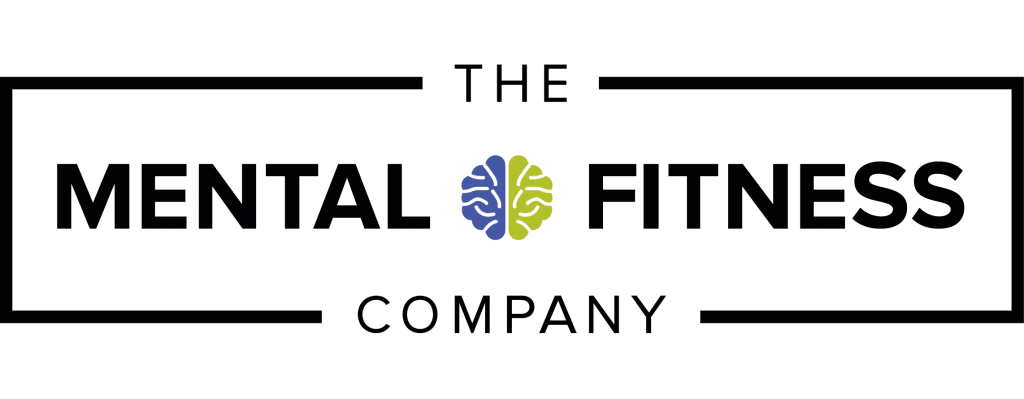When you think back to your childhood and your Mum said, “We’ll see,” it was always better than a flat out, “No.” Much like “possibly” is sufficient when you ask a friend for a big favour and “I’ll think about it” gives you hope when you ask your boss at work for a pay increase.
Though all of these responses are really just a more polite version of “no,” they’re easier to hear than the actual word itself. While hearing “no” is hard enough, it seems that saying no is even more difficult for some people — especially when it comes to their workplace.
Most people avoid saying no because they fear it will seem rude, cost them their job or appear disrespectful. With the right set of skills, it is possible to say “no” and feel good about it!
I often hear from my clients that their default response of, “Sure, I’ll do that,” leads to negative consequences for themselves and others. You may find by saying “Yes” to everything ends up in you:
- Putting off important projects because of the small jobs you have to complete for others
- Creating low-quality work and missing deadlines
- Working extra hours so you can complete your own work load
- Getting stressed and sacrificing sleep, exercise, and fun time
- Developing a reputation for being agreeable but not reliable
- Feeling overwhelmed, frustrated, and unhappy
Doing your job well, and helping others out is important but knowing WHEN to say NO is critical!
Often the solution is actually practicing how to say, “No,” or, “Not now,” nicely.
Below are some quick points on how to say “No”. Practice saying a few of these out loud and alter them until they sound like you and they suit your workplace. A life-long habit of always saying “Yes”, requires re training your brain so you don’t revert to old habits!
When you receive last-minute requests:
I’d love to help you out, but I already made commitments to other (co-workers, clients, etc.) to complete their works today. It wouldn’t be fair to them if I didn’t complete them. Thanks for your understanding.
When people ask you about everything instead of directly asking the appropriate person:
That’s not my area of expertise, it would be better if you went and saw ……
When you’re asked to take on some more work or a project by someone in the staffroom or as you are walking through the office:
Could you email me the details of what you require? Once I receive them, I’ll can give you a better response on when I can get that done for you.
When you’re given a short deadline:
I know this project is a high priority for you, but I know with my other workload priorities I won’t be able to get it done in time. Can I have a few more days or would I be able to summarise the key actions or points that need to be covered for you to complete?
When someone asks you to do something that you know you have no time to do:
I would love to help you out, but given my workload currently, I wouldn’t be able to get it back to you for few weeks. If you need to have this turned around sooner, I recommend that you ask ……….?
Or
I would love to help you out but given my workload currently, I wouldn’t be able to get it back fro a few weeks. If you can assist me by taking on some of my workload then I can free up some time to help you.
In the beginning, you’ll need to consciously think about how you word your response. But in time, they will naturally flow, whether it be through conversation, or in an email.
You may find a few people don’t like your new approach. But by being consistent with your approach you’ll end up making more people happy – including yourself.






